1 Comment
Clark Burt
1/25/2023 09:15:36 pm
This summary of your series is so clear and concise. You ought to consider this for every series. It is very effective and brings all your posts together in a way that left me with no alternative but to see it for myself.
Reply
Leave a Reply. |
AuthorTim Merrill Archives
July 2024
|
|
|
© COPYRIGHT 2019 - 2024
|

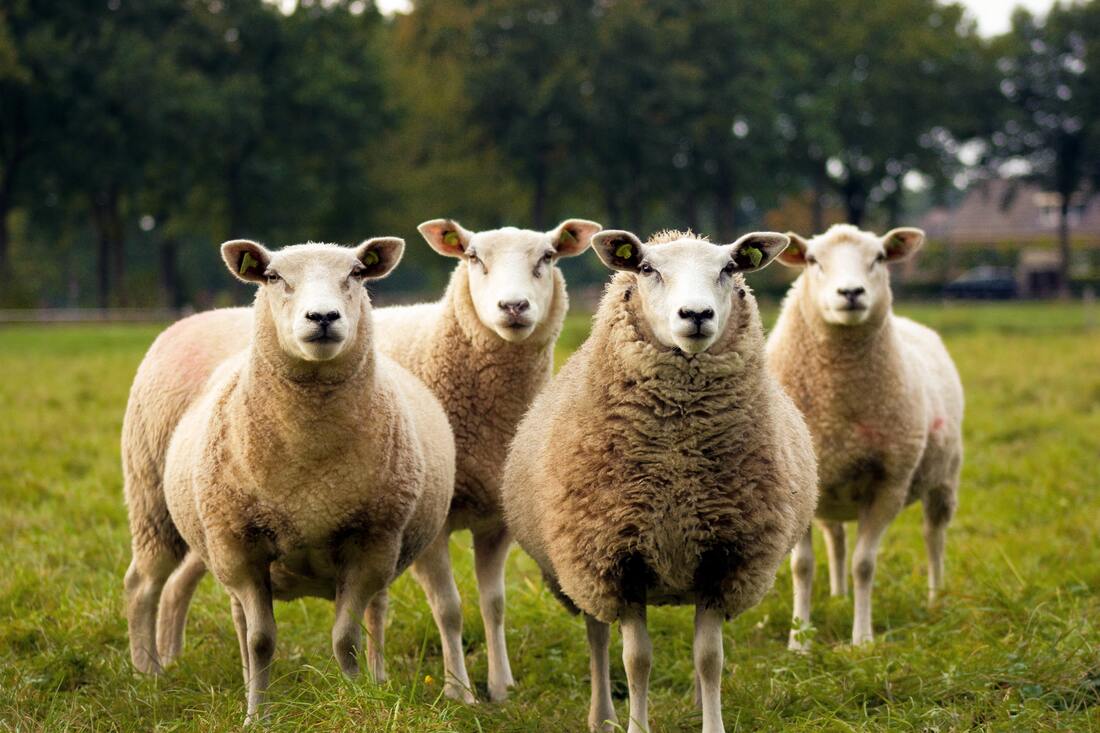
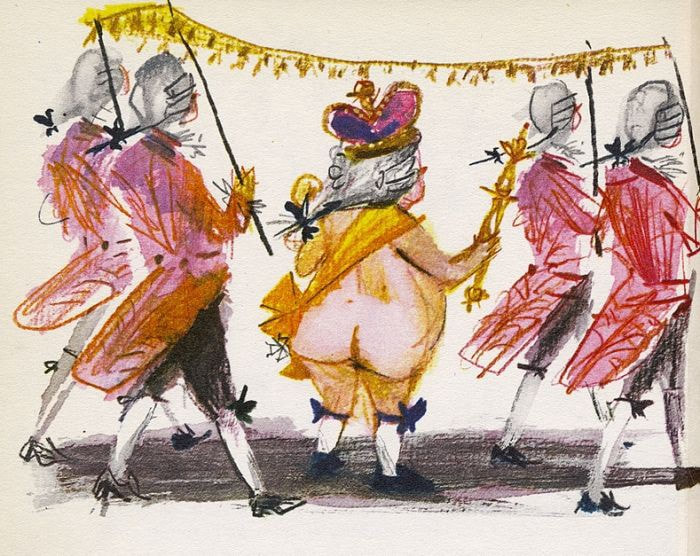
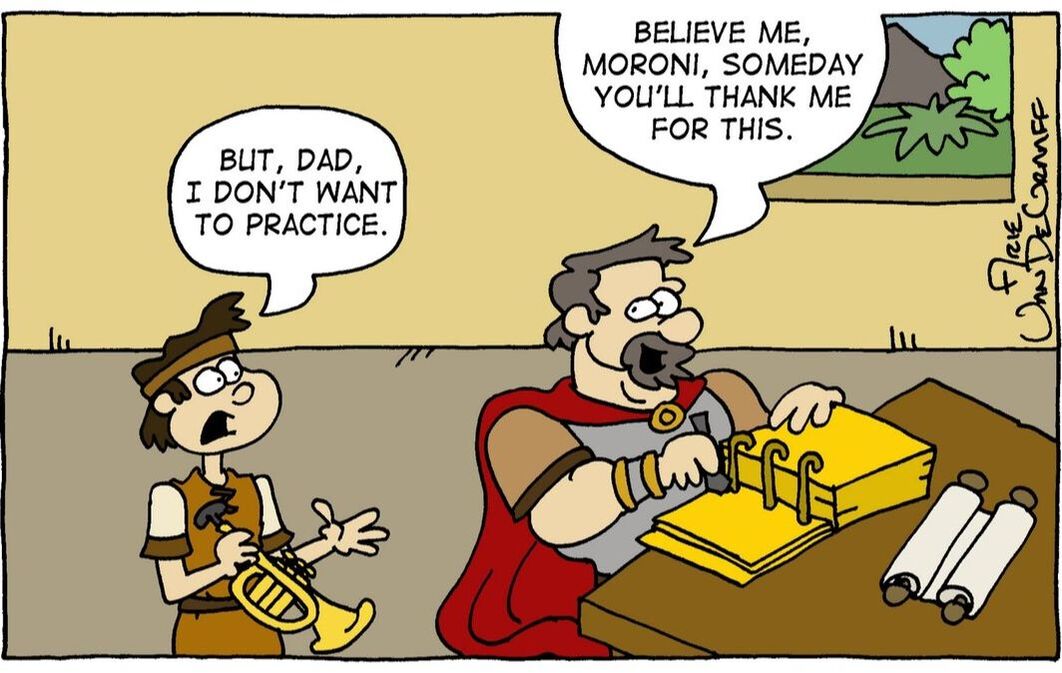

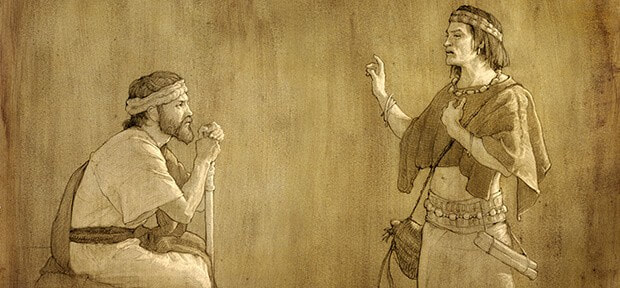
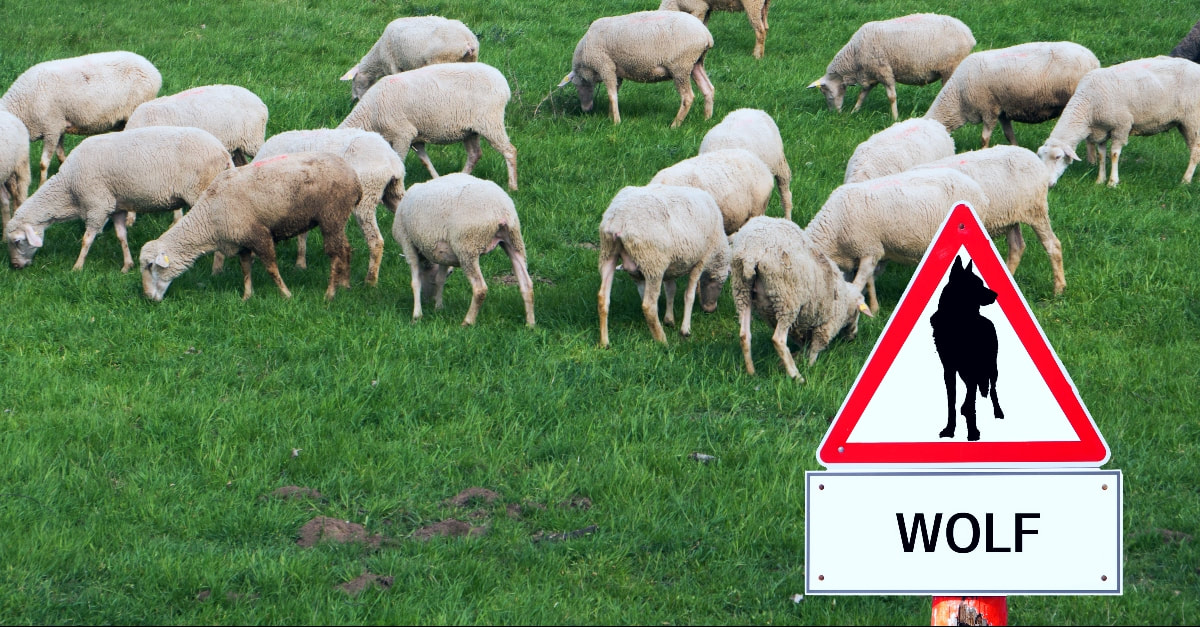
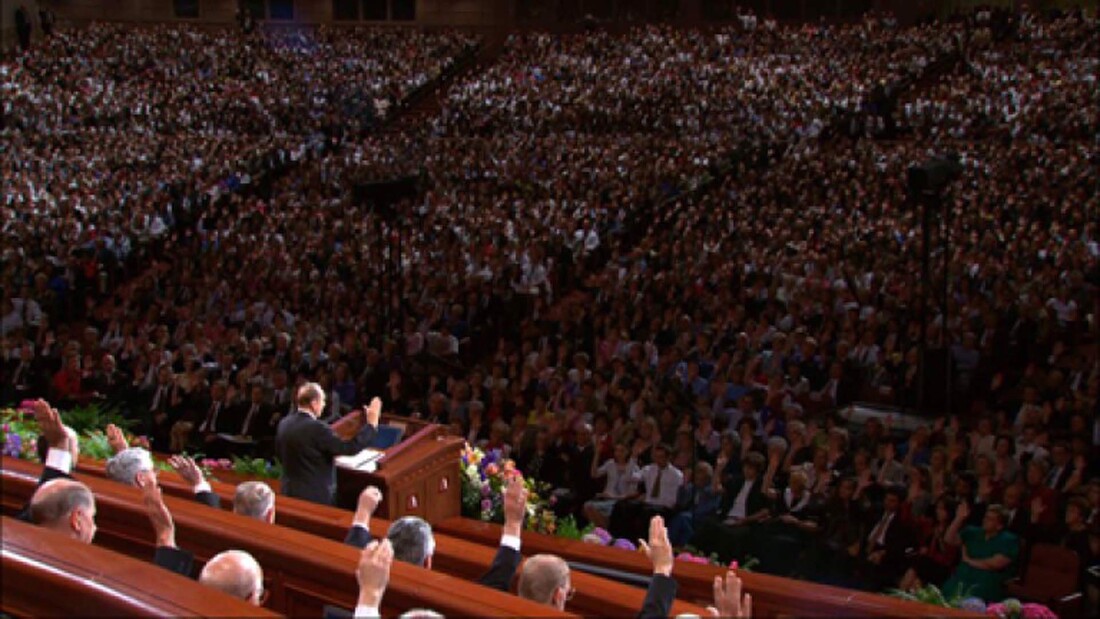
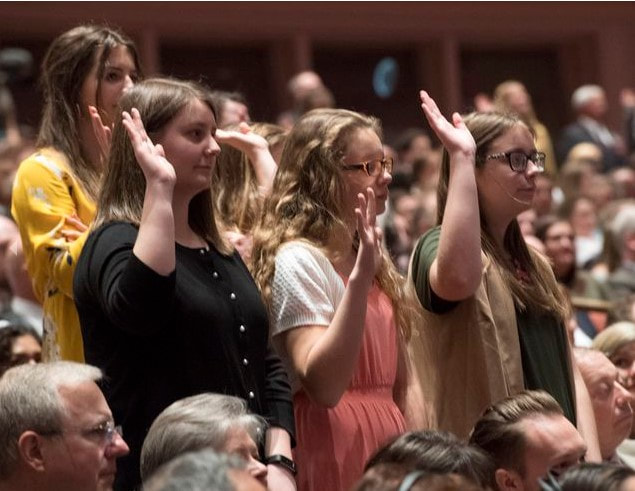

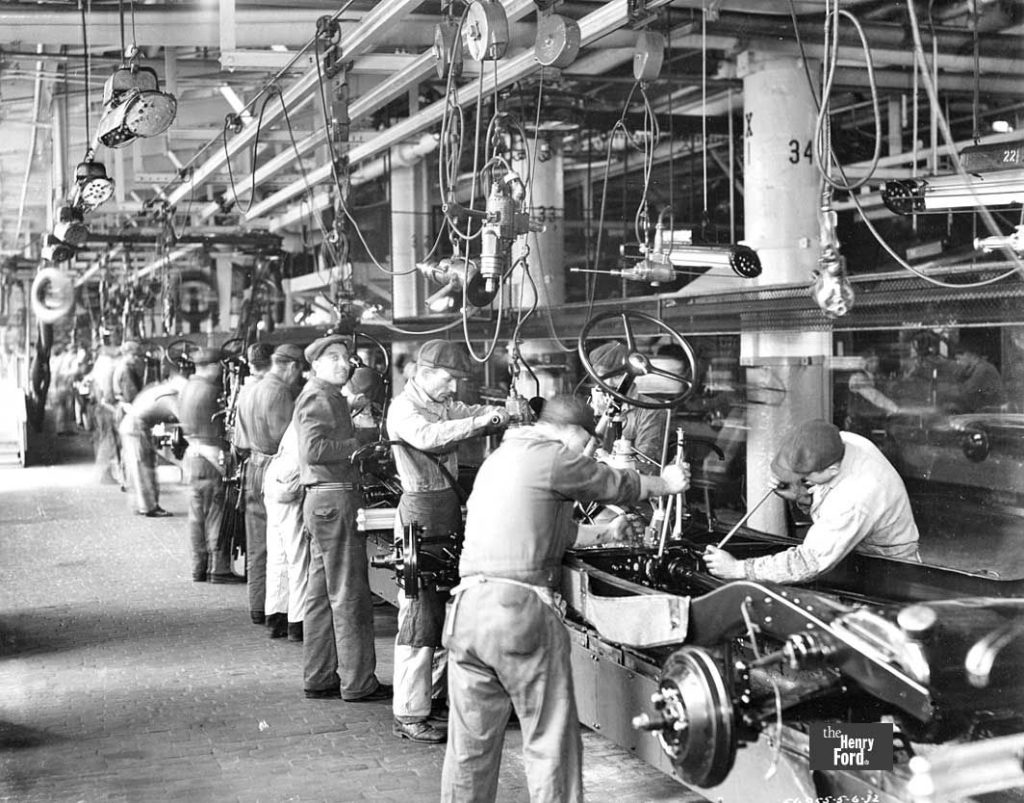
 RSS Feed
RSS Feed